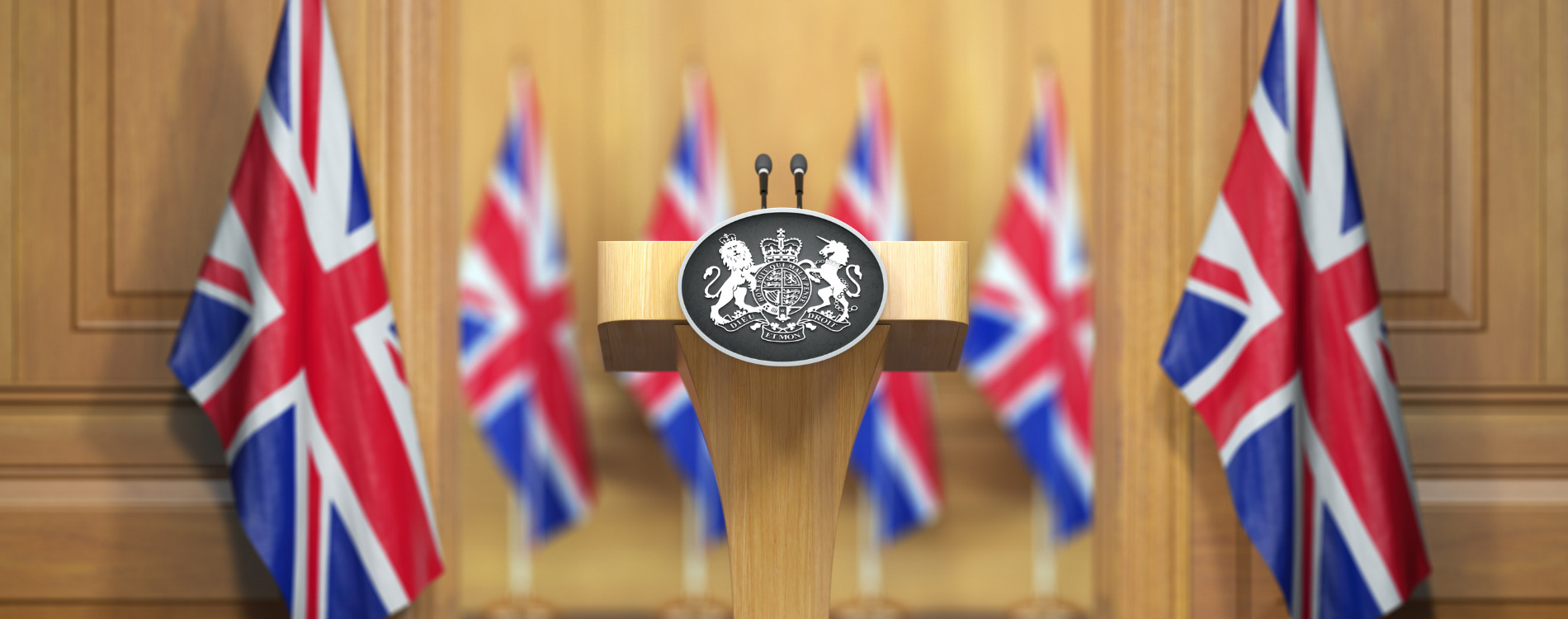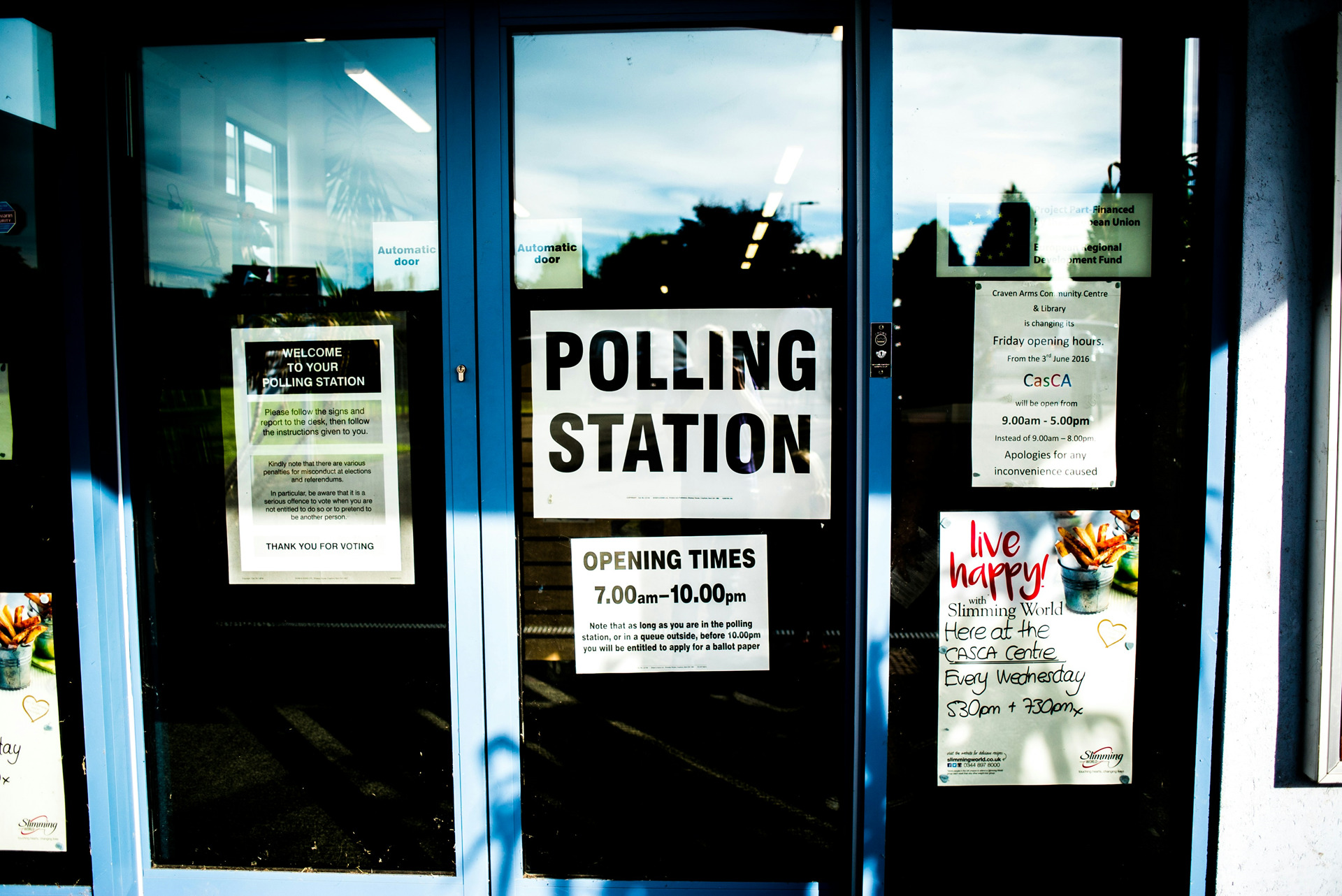
As the UK has now left the EU, it raises questions on how the state will operate within the international community.
One possibility raised by MPs is a CANZUK agreement (between Canada, Australia, New Zealand, and the United Kingdom) which includes free movement of goods, people, and common foreign policy agreements. Not only have UK Parliamentarians raised this possibility, but as have politicians from each of the four nations, including leaders of major political parties and, more recently, Boris Johnson.
“Three in five (60%) MPs support free movement of people throughout the CANZUK nations.”
Arguments have been raised for and against through each of the four nations. Some call it a Eurosceptic fantasy that would not make sense in the 21st century’s geopolitical climate, whilst others believe it would make sense due to similar cultural norms and values, including sharing a monarch. As this is an ongoing debate, Savanta ComRes decided to question MPs on their views and whether a CANZUK agreement would have any significance on the world stage today.
The two main arguments for a CANZUK agreement centre on free movement of goods and people, ensuring trade can expand between the four nations. When asked whether they support free movement of goods, nearly all (94%) MPs agree they do, with not a single MP opposing the idea. This result is somewhat expected as, since the Brexit process began, there have been increasing calls to create free trade agreements around the globe. A more surprising result is that three in five (60%) MPs support free movement of people throughout the CANZUK nations. When split by party, this results in three quarters (72%) of Labour MPs supporting the idea and half (50%) of Conservative MPs supporting the proposal.
Although MPs support free movement of goods and people, it appears support is reduced for common foreign policy agreements between the CANZUK nations. Two in five (39%) MPs support common foreign policy agreements, whilst nearly the same number of MPs (36%) oppose such a proposal. The largest opposition comes from Conservative MPs, as half (48%) say they would oppose; conversely, half (51%) of Labour MPs support the idea of common foreign policy agreements between CANZUK nations.
To grow an understanding of the type of agreement MPs wanted CANZUK to be, Savanta ComRes asked whether a political or fiscal union, such as the EU, would be supported. The majority of MPs oppose the idea, with only one in six (17%) MPs supporting a political union and one in five (19%) supporting a fiscal union. Conservative MPs oppose a political union with the largest majority, as two in three (67%) said they would oppose any such proposal.
Finally, MPs were asked whether they believed a CANZUK agreement would be of any significance in today’s geopolitical landscape. The vast majority of MPs (76%) believe such an agreement would be of significance, while only one in six (14%) said it would be insignificant. The largest belief that a CANZUK agreement would be of significance on the world stage comes from the 2019 intake, where nine in ten (89%) say it would be significant in today’s geopolitical landscape.





